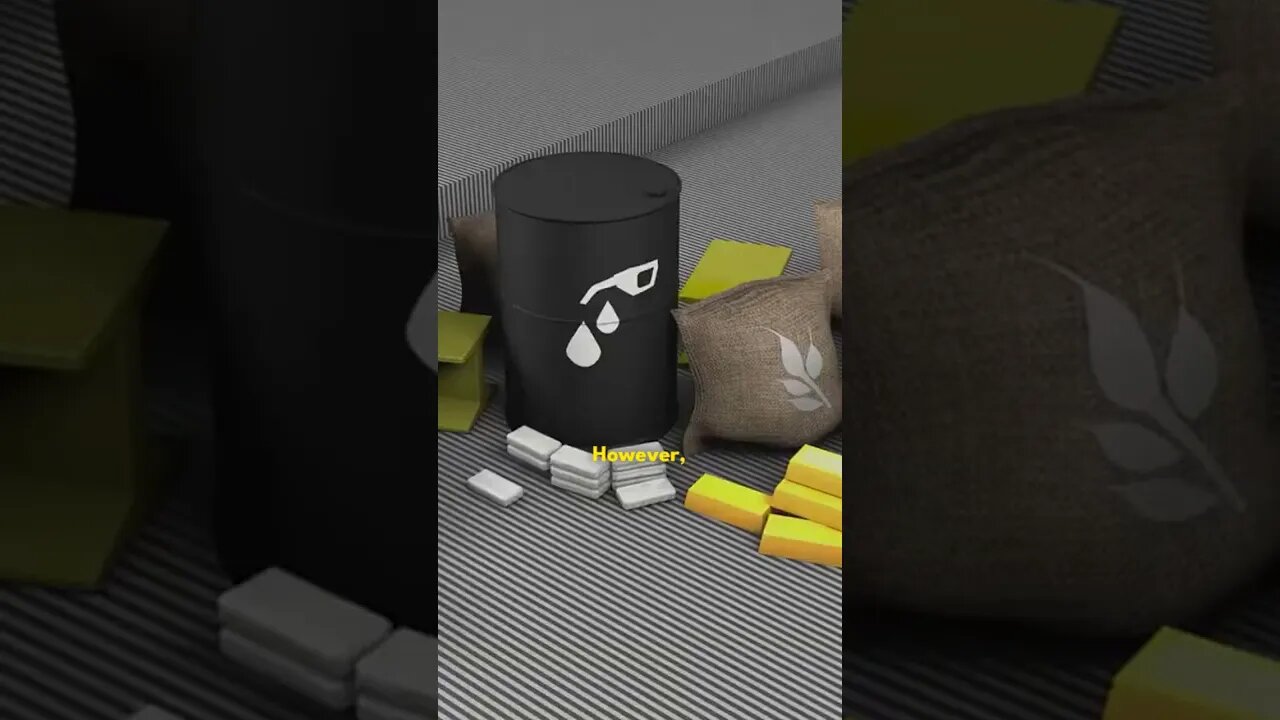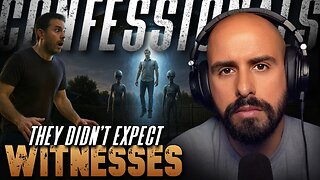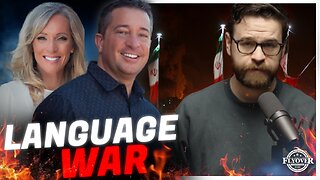Premium Only Content

Life after nuclear war - Nuclear Winter #shorts
Effects of World War 3
What if Nuclear War Begin Today
Effects of Nuclear strikes
World War 3 Aftermath
Nuclear Winter
#shortsfeed
Life after a nuclear war and the resulting nuclear winter would be extremely challenging and devastating for the survivors. Nuclear winter refers to the severe and prolonged global cooling that occurs after a large-scale nuclear conflict, which results in a massive release of soot, smoke, and other particulates into the atmosphere. These particles would block sunlight, leading to reduced temperatures and significant climate disruption for months or even years.
Here are some key aspects of life after a nuclear war and nuclear winter:
The nuclear winter would disrupt agricultural activities, leading to crop failures and food shortages. Water sources might also be contaminated or scarce due to the destruction caused by the war.
Infrastructure, transportation, and communication systems would be severely damaged, making it challenging to distribute aid or resources. Survivors would have to rely on local resources and improvised solutions for their basic needs.
Radiation exposure would lead to acute and long-term health problems for survivors, including cancer and genetic mutations. Medical facilities and supplies would be limited, exacerbating the health crisis.
With the breakdown of societal structures, there could be increased lawlessness and conflict over limited resources, leading to further loss of life and instability.
Nuclear winter would not only affect the regions directly involved in the conflict but also have global consequences. The cooling effect could disrupt ecosystems, endangering plant and animal life, and further exacerbate food shortages.
The radioactive fallout and other pollutants released during the nuclear war could lead to long-term environmental damage, making certain areas uninhabitable for generations.
International aid organizations and neighboring countries would likely try to provide humanitarian assistance to survivors. However, access to the affected areas might be limited due to the hazardous conditions.
It's important to note that the scenario described here is based on the assumption of a large-scale nuclear war involving numerous nuclear detonations. The actual impact of nuclear winter would depend on the scale and intensity of the conflict. Additionally, advances in climate modeling and our understanding of nuclear winter are continually evolving, so predictions may change over time.
The best course of action is to prevent nuclear conflict altogether and work towards global disarmament and peaceful resolutions to conflicts. Diplomacy, arms control, and international cooperation are vital in ensuring a safer and more secure world for everyone.
-
 LIVE
LIVE
Viss
2 hours ago🔴LIVE - Learn The Tactics You Need To Dominate Battle Royale - PUBG
138 watching -
 2:37:37
2:37:37
The Confessionals
2 hours agoHe Caught the Aliens Returning His Brother After His Abduction (They Screwed Up Bad)
103 -
 1:04:37
1:04:37
Timcast
2 hours agoTrump SLAMS Democrats Over IMPEACHMENT After CEASEFIRE Holds
157K178 -
 DVR
DVR
Simply Bitcoin
3 hours ago $0.52 earnedWW3 CANCELLED: $250,000 By 2026 CONFIRMED!! | EP 1273
4.39K -
 1:57:39
1:57:39
Steven Crowder
4 hours ago🔴 You've Been Lied To
391K394 -
 1:02:29
1:02:29
The Rubin Report
3 hours agoTrump Goes in Expletive-Filled Tirade Over Israel & Iran Messing Up Ceasefire Agreement
120K48 -
 DVR
DVR
Flyover Conservatives
3 hours agoSettler vs. Immigrant: The Language War That Rewrites History - Wade Stotts | FOC Show
18.4K1 -
 DVR
DVR
TheAlecLaceShow
2 hours agoGuest: Dinesh D’Souza | Trump Drops F-Bomb on Israel & Iran | MAGA Divided | The Alec Lace Show
6.13K1 -
 LIVE
LIVE
Rebel News
1 hour agoCarney's 'new world order', Smith launches Alberta Next panel, Trump the peacemaker | Rebel Roundup
404 watching -
 1:00:54
1:00:54
VINCE
5 hours agoA New Middle East: Did Trump's Gambit Pay Off? | Episode 71 - 06/24/25
264K125